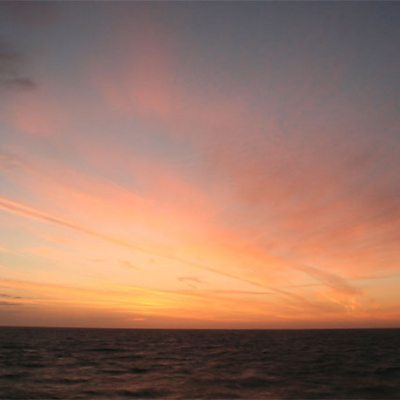Episode details

Available for over a year
Tom Hollander will be at the Hay Festival next week presenting the thoughts of the Reverend Adam Smallbone, the compassionate, perpetually harassed star of the hit television series Rev. But the actor is also there to reflect on his film about the last days of the poet Dylan Thomas. A fascinating contrast, for sure. What might have happened, I wonder, if Thomas had landed at the door of Smallbone’s vicarage before he drank himself to an early grave? An unlikely scenario, maybe; but what an encounter it might have been, the priest all too well aware of his weaknesses, and wrestling with his own doubts, trying to make sense of the world to the writer who agonised over his craft to reveal genius, but managed to wound many people along the way. Dylan Thomas’s work has been more translated than that of any other English language poet in the last century, apart from T.S.Eliot. Societies in his honour flourish across the world. Former US president Jimmy Carter is a great enthusiast. And apart from television and radio programmes, the centenary of his birth is being marked by theatre performances, poetry readings, books, orchestral concerts, exhibitions, walking trails - I even notice an event today featuring ‘music that Dylan Thomas might have liked.’ Everybody wants a slice of the action. It’s hardly surprising that with a few exceptions, this is one national celebration which the churches aren’t involved in. Thomas was raised in the Congregational chapel in Swansea where his uncle was minister: and he was steeped in its culture. But he could be fierce in his rejection of what he saw as the hypocrisy of the religious life around him, and he was particularly scathing about its leaders. The caricature Rev Eli Jenkins from maybe his best known work, Under Milk Wood, got off lightly, accused of no more than crying, ‘Praise the Lord, we are a musical nation’, and hurrying around to visit the sick ‘with jelly and poems.’ I think Thomas would have been shocked to hear scholars describing him as a profoundly religious poet, to be ranked alongside John Donne and George Herbert. But his work is shot through both with an intense love of nature and with Biblical imagery remembered from childhood. And I find few more powerful expressions of grief at the death of a loved one than ‘Rage, rage against the dying of the light’, with its echo of St.Paul’s understanding of death as ‘the last enemy to be destroyed.’ Thomas said his poems were written, ‘with all their crudities, doubts and confusions, for the love of man and in praise of God.’ His life was mess, and he never appears to have settled whether he actually believed in God. I think he’d have got on well with the Rev Adam Smallbone.
Programme Website